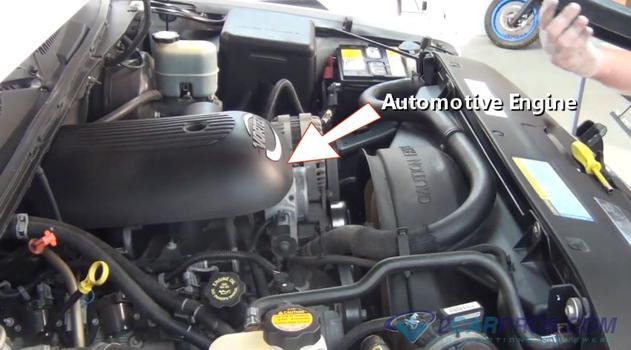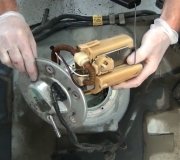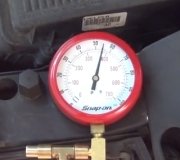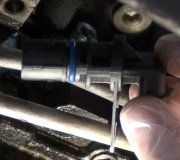Thursday, August 18th, 2016 AT 3:57 PM
When turning the car on after setting for a while. It is slow to start and I can smell gasoline. Electrical is good as I can hear the starter doing just fine and not laboring too hard. And once it starts it runs fine. I believe this is a fuel pump issue. However I do not understand where the fuel smell would come from. On the fuel lines to the engine there is signs of dripping fuel on both the pavement and lines themselves so I know there is a leak somewhere however what would it be from the fuel pump/filter or a more major issue with the tank.



